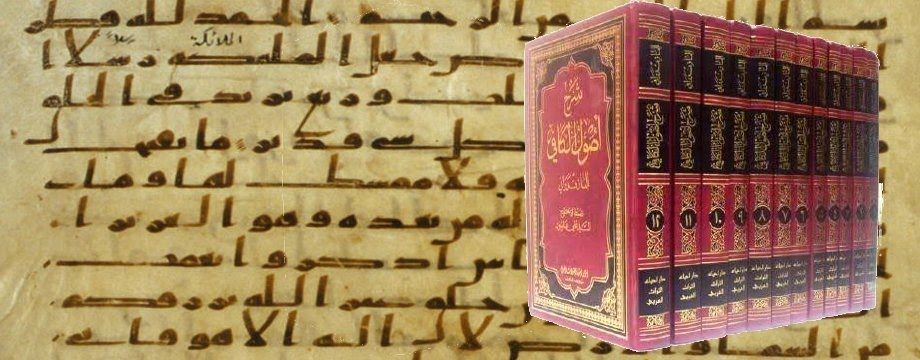Author Archives: editor
‘Words of the Master of Arabs’ – A Newly Published Masterpiece
Kalimāt Sayyid al-ʿArab Abī al-Ḥasan ʿAlī ibn Abī Ṭālib (a) is a newly published work by the 4/5th century scholar al-Sharīf Abū al-Ḥasan Muḥammad ibn Ṭāhir al-Jaʿfarī al-Zaynabī al-Isfahānī (also known as al-Ashraf al-Jaʿfarī). It was published by al-ʿAllāmah al-Majlisī Library in Qum. Being similar to Nahj al-Balāghah and written in Iran in about the … Continue reading
How was Biḥār al-Anwār written?
Anyone who writes books knows how long and tiresome of a process it is to complete a single volume, let alone a multi-volume tome. Hence, when we were taught that al-Majlisī had a team of scholars, or a committee, that worked together to write the encyclopedic work Biḥār al-Anwār (110 volumes in the present edition), … Continue reading
Al-Rabbat’s Defense of Abū Hurayrah: Eloquent yet Unconvincing
In his rather long-winded presentation on the reliability of Abū Hurayrah, Abdullah Al-Rabbat tries to prove that he was a great companion and an unimpugnable source of Prophetic traditions who can undoubtedly be relied upon. The presentation (which can be seen here) lasts just under four hours, and addresses some of the primary concerns about … Continue reading
Common Sense and Ḥadīth – A Look at Modarressi’s Text and Interpretation
The latest addition to Hossein Modarressi’s oeuvre, which was much anticipated, unfortunately failed to impress. It was nothing close to his Crisis and Consolidation which was undoubtedly paradigm shifting in its effect. With half of the book comprised of ‘examples’ – traditions from Imam Jaʿfar al-Ṣādiq (a) on various, mostly jural, topics – this work … Continue reading
Argument from Silence in Ḥadīth ‘Dating’
Augumenta e silentio, or arguments from silence, have been used by some Orientalist scholars to prove that certain aḥādīth were later fabrications, since earlier sources are silent about those traditions and have not mentioned them. They thus seek to estimate the date when a ḥadīth came into being by searching for the earliest [written] source … Continue reading
The Meaning of al-Anzaʿ al-Baṭīn
A number of Sunnī and Shīʿah sources quote the Prophet (ṣ) calling Imam ʿAlī (a) ‘al-Anzaʿ al-Baṭīn’, which literally means: the bald and stout one. For instance, al-Kanjī al-Shāfiʿī (though there are some who consider him to be a Shīʿah) states: “ʿAlī ibn Abī Ṭālib used to be called al-Anzaʿ al-Baṭīn. This is because he … Continue reading
The True Scholar
وإذا ما ازددت علما زادني علما بجهلي And whenever I grow in knowledge, I only grow in knowledge of my own ignorance. (Muḥammad ibn Idrīs al-Shāfiʿī) One of the most important gauges for true erudition is humility. Unlike what is claimed by some western-academia-trained scholars, knowledge is not an end unto itself. Rather, it is … Continue reading
Who was al-Kulayni?
Very little is known about the author of what is arguably the most influential ḥadīth collection in the Shiʿa world, Muḥammad ibn Yaʿqūb al-Kulaynī. Unlike some of his contemporaries and compilers of other well-known works of ḥadīth, details about al-Kulaynī’s life are sketchy at best. He is said to have hailed from the village of … Continue reading
Did al-Kulayni get influenced by the Rationalists of Baghdad?
Andrew Newman suggests in his Formative Period of Twelver Shi’ism, that the author of al-Kāfī, Muḥammad ibn Ya‘qūb al-Kulaynī, was influenced by the rationalists of Baghdād due to his twenty-year residence there (p. 195). It is natural to assume that a person who spends such a long time in any place would be influenced by … Continue reading

